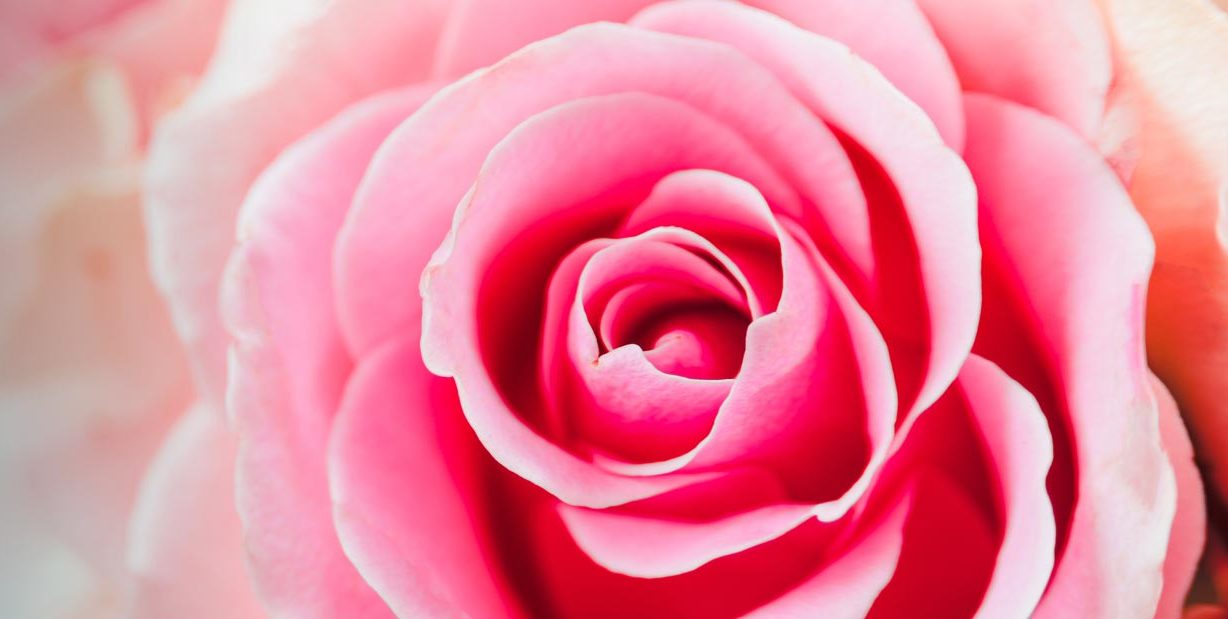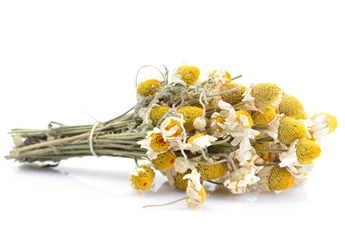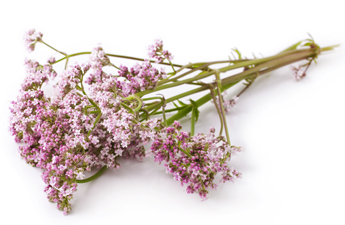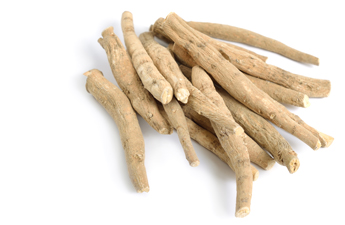
Botanical name: Rosa sp.
Other names:
The beautiful flowers of the Rose bush have long been prized as a symbol of love & beauty. As a bouquet or petals sprinkled romantically on a bed, bath or wedding isle, we are all familiar with the symbolism of Rose flowers.
But did you know that Rose is also a medicinal herb? Until the 1930s, Rose was still considered an official medicine by doctors for both internal and topical treatments. There are 3 main varieties grown for commercial & medicinal use – Rosa gallica, Rosa centifolia and Rosa damascena. There is slight variation between these species in terms their active constituents, but overall their therapeutic actions are similar.
Rose buds or petals are not only a beautiful and aromatic addition to tea blends, they also have a reputation as an aphrodisiac, mood-booster & stress-buster. Roses have been found to contain certain plant flavonoids that exhibit antidepressant properties. One study found that drinking Rose tea regularly reduced stress & anxiety. Their beautiful scent has an immediate effect on mood, promoting a positive, calm and heart opening state.
Rose has long had an affinity to the feminine, and has been used for women’s health including menstrual complaints. One study found that rose tea reduced the occurrence and severity of menstrual cramping. Another study using Rose essential oil rubbed on the abdomen for 7 days prior to menstruation also found a reduction in intensity and duration of cramps.
In aromatherapy, Rose essential oil is used to lift the spirits and help reduce stress, anxiety and depression. It is prized for promoting emotional balance, and it can help to stabilise mood swings, ease nervous tension and relax the body and mind for a restful night’s sleep.
Rose is also used internally for digestive and nervous disorders, headaches, menstrual complaints, colds & bronchial infections. Its astringent action can be used as a tea for diarrhoea and as a gargle for sore throats.
Externally it can be used as an astringent and antiseptic wash or bath to promote skin healing, and tone tissues. Rose water and rose essential oil are also added to many skin creams to reduce wrinkles, and improve skin tone.
According to Ayurveda, Rose primarily balances sadhaka pitta, the subdosha of pitta that governs the emotions and how it impacts the heart. Rose soothes the heart and emotions and can assist in healing from past griefs so that one can move on and enjoy the present moment. According to Ayurveda, Rose also has a cooling effect on the blood which can help prevent skin issues such as acne and rashes. Rose is also used to balance hormones, reduce inflammation, soothe sore throats and coughs, promote sleep and as an antioxidant and antibacterial.
Preparation: 1-2 tsp per cup. Steep covered for 10 minutes. Sweeten with honey or stevia to taste.
References:
Deni Brown (2002), New Encyclopedia of Herbs & Their Uses, pp. 346-48.
https://herbs.org.nz/rose-a-medicinal-herb/
https://lotusbloomingherbs.com/blogs/journal/the-blissful-benefits-of-rose

Rose Common Uses
Rose Actions
Rose Recipes
Rose Precautions
Rose is an extremely safe and non-toxic herb with centuries of use. No adverse effects or contraindications are known.
Safety during pregnancy and lactation has not been established. In the absence of sufficient data, the use during pregnancy and lactation is not recommended for internal use.
Buy Rose online from the Happy Herb Co
![]()
Australia’s biggest range
![]()
25 years of customer satisfaction
![]()
Fast International delivery
![]()
100% secure online ordering

 Nextwave
Nextwave

